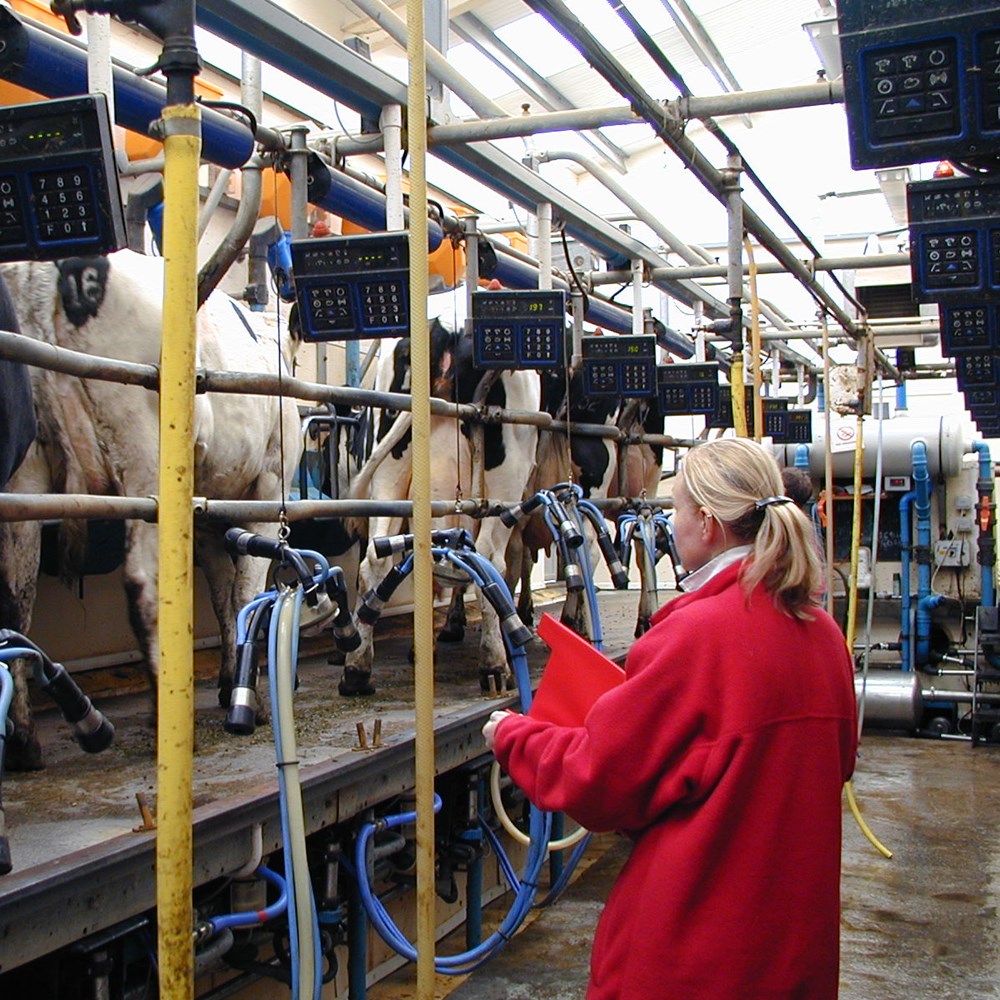GrASTech
Precision Livestock Farming (PLF) technologies to reduce Greenhouse Gas (GHG) emissions intensity of pasture-based cattle systems.
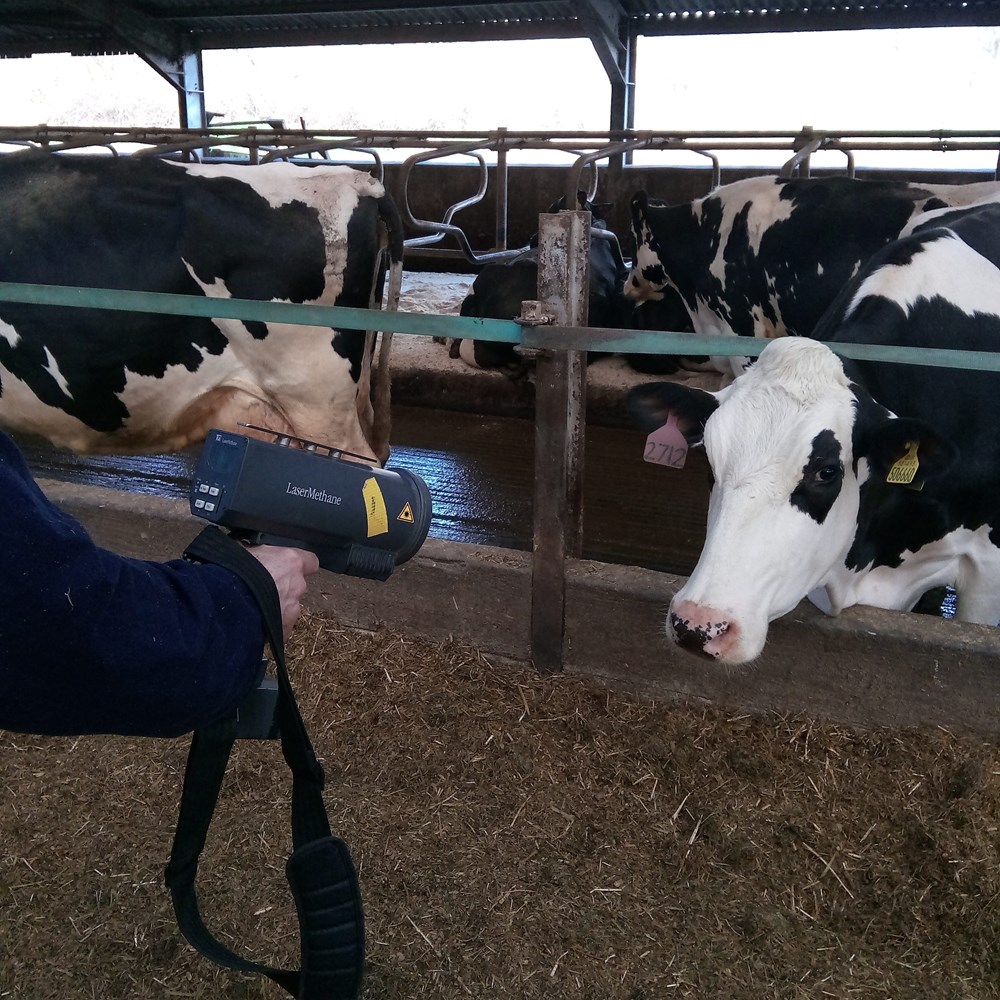
Greenhouse gas emissions from grazing cattle are generally higher and more variable than those from housed cattle because of the inherent variability of herbage and the reduced opportunity to monitor and manage diets.
A range of imaging and sensing technologies are being used increasingly to monitor and manage resources in a wide range of farming systems.
In the livestock sector, it has been easier to implement these ‘precision livestock farming’ (PLF) technologies with housed animals. The same technical constraints have also meant that there are no simple and reliable ways to estimate methane emissions from grazing cattle.
GrASTech is funded by the European program ERA-NET SUSAN and led by ILVO. Partners include SRUC, University of Strathclyde, IDELE and INRAE.
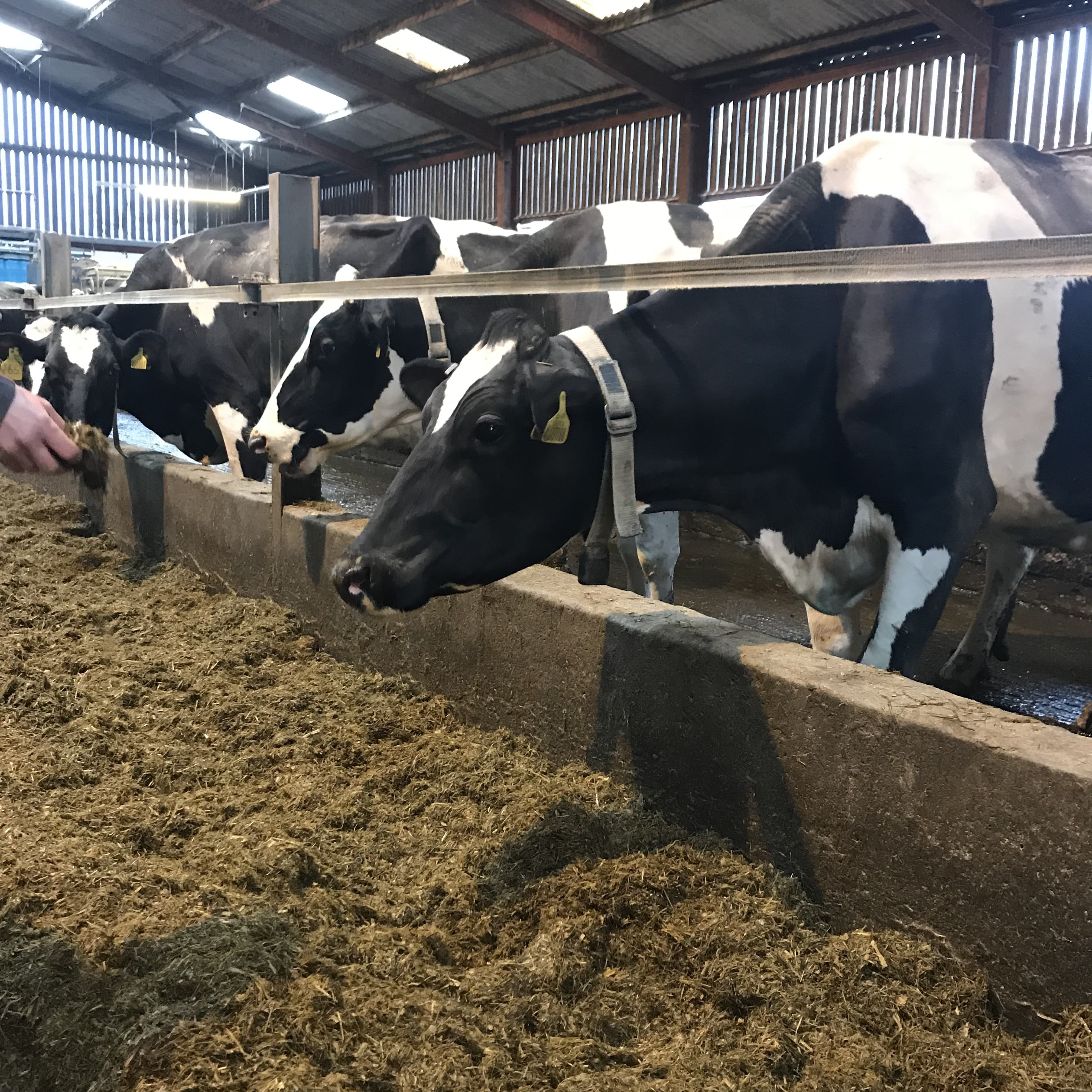
The research
The project focuses on the management of grassland and grazing cattle to reduce greenhouse gas (GHG) emissions.
The over-arching project objectives are to identify best management practices and precision livestock farming (PLF) technologies - both to support management decisions that directly target GHG mitigation and to reduce technical inefficiencies (such as ill health, infertility and deaths) that increase emissions intensity indirectly.
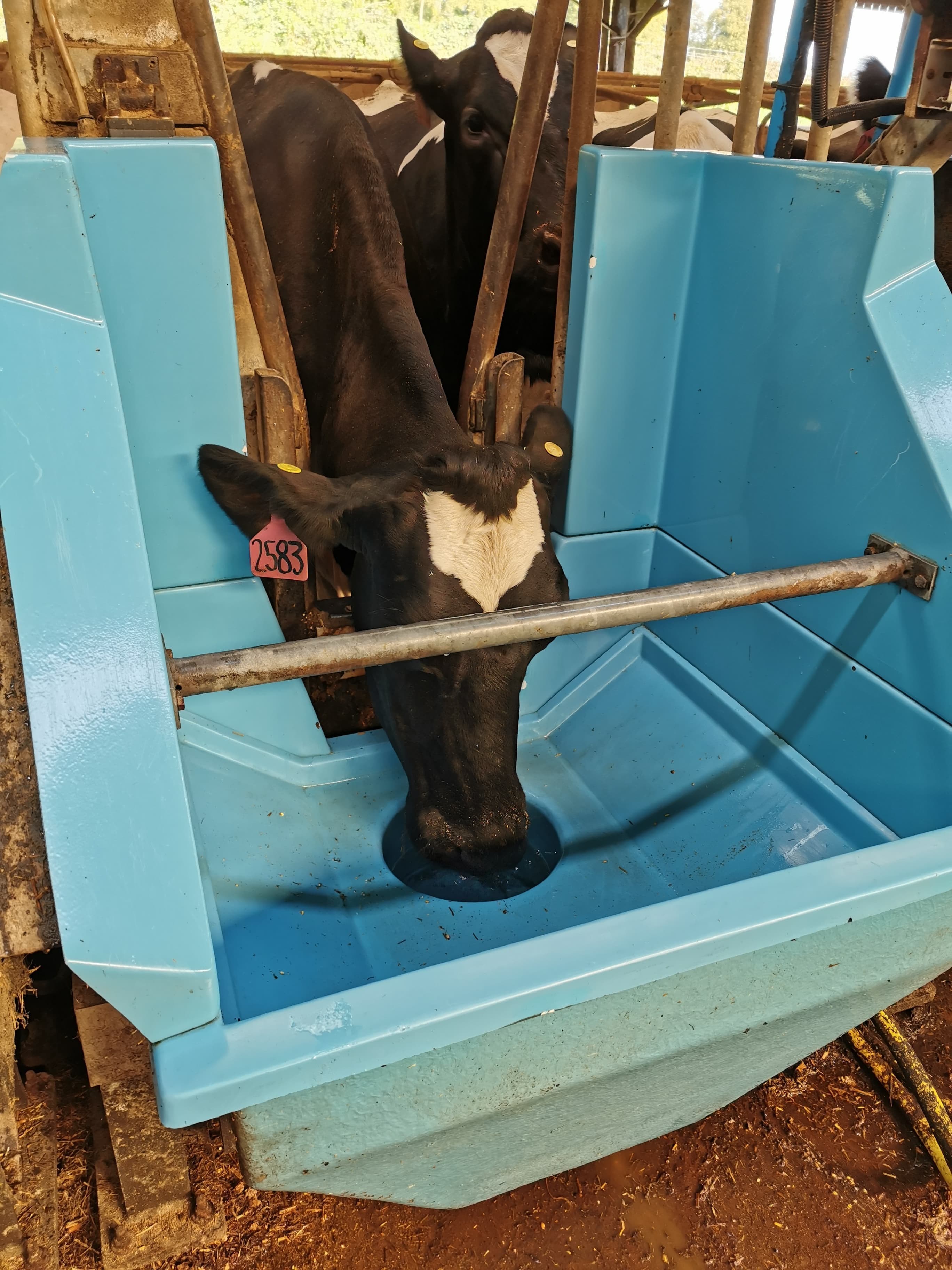
The objectives
- Identify and evaluate which existing and emerging PLF technologies (e.g. for monitoring and improving fertility, health and feed efficiency) are best suited for use with grazing cattle (with or without modification). This will deliver reductions in GHG emissions intensities by increasing production efficiency, reducing non-productive periods and reducing mortality. This work will be directly implementable by farmers as soon as the project is completed.
- Optimize implementation of PLF technologies that are currently restricted to housed cattle for use within grazing systems.
- Develop the use of existing and emerging PLF technologies as proxies for methane emissions from grazing cattle. The approach will be validated using a new research tool (‘MethCollar’) for estimating methane emissions from grazing cattle refined within the project. Development of the ‘MethCollar’ will provide a stepping stone for monitoring and managing methane emissions of large numbers of grazing cattle using technology that is already being deployed on cattle for other purposes.
- Identify best practices for the management of grassland, supplementation and grazing cattle to reduce GHG emissions using existing methane measurement techniques (Greenfeed and Laser Methane Detector).
- Provide life cycle analysis of diverse grazing systems and model the effects of PLF technologies directed at improving fertility, health and feed efficiency on GHG emissions intensity.
- Provide analysis of farmer attitudes to the uptake of PLF technologies in relation to the cost of equipment, ease of use and benefits in terms of increased productivity, increased farm profitability and GHG emissions intensities.
Related content
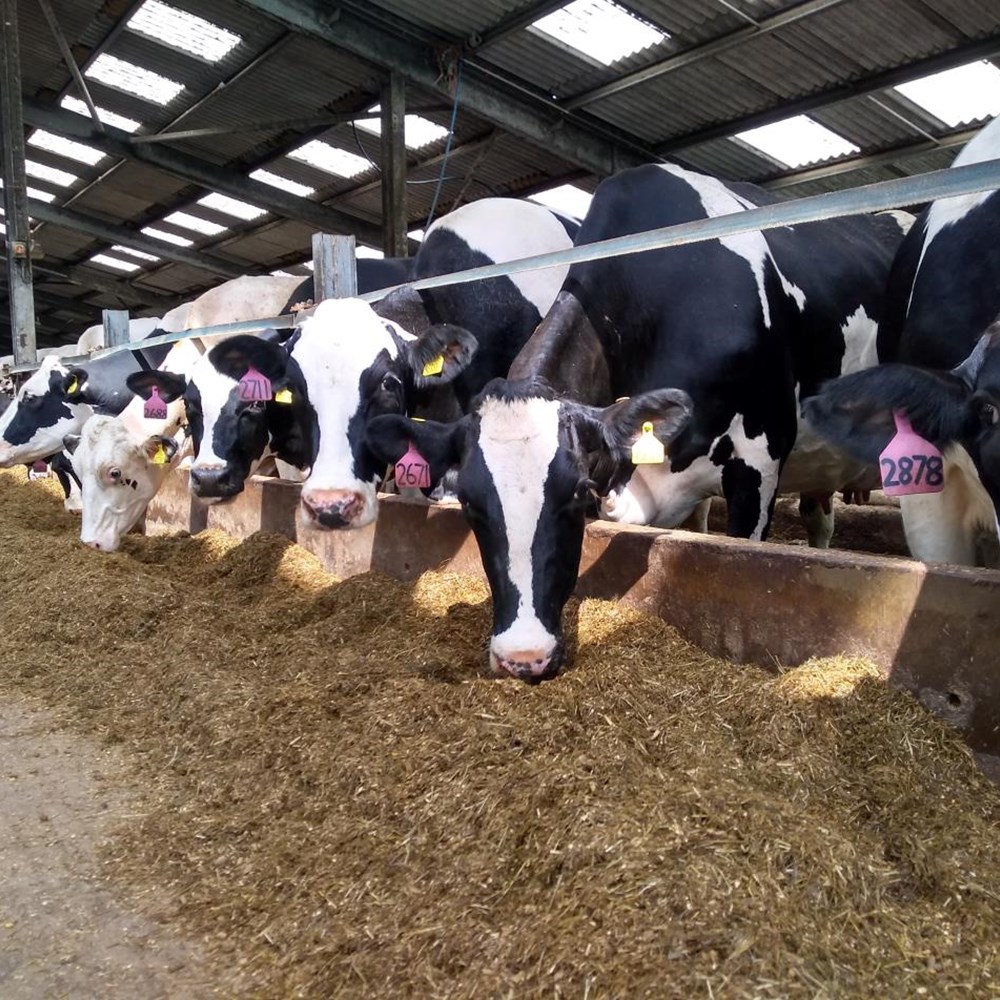
Dairy Research and Innovation Centre
